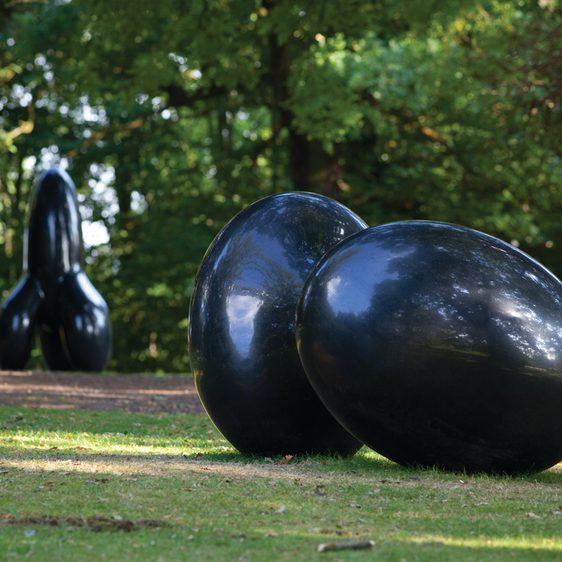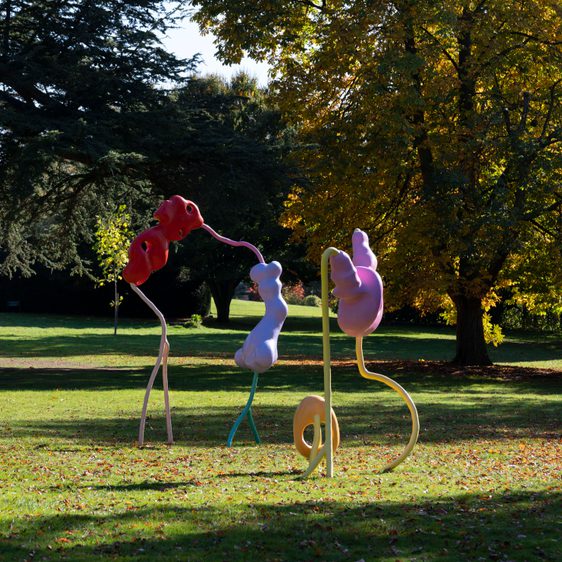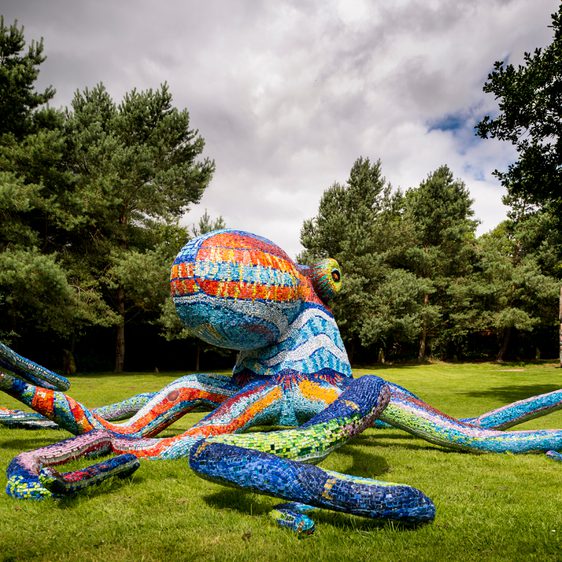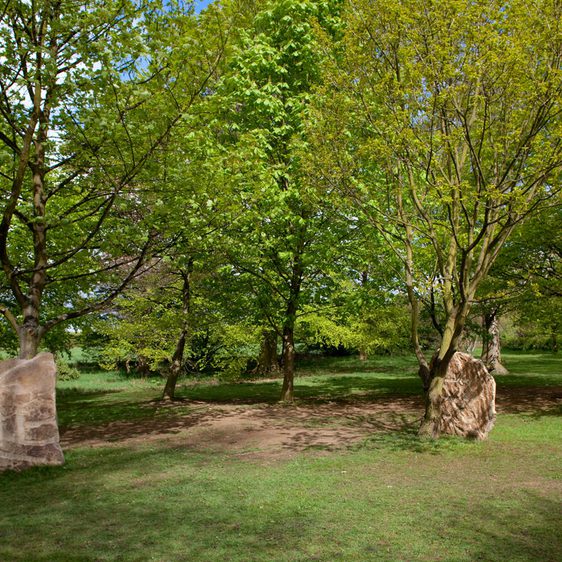
National Arts Education Archive’s children’s wartime art collection gains UNESCO recognition
News / 25 Apr 2025News Story
Yorkshire Sculpture Park (YSP) is delighted to announce that children’s artwork from its own National Arts Education Archive (NAEA) has been inscribed on the UNESCO Memory of the World Register.
This is a major achievement for Yorkshire and the UK, the decision places YSP’s Franz Cižek Collection alongside globally significant documents such as Beethoven’s 9th Symphony and the Diary of Anne Frank.
For more than seven years, a group of organisations have taken part in a pan-European initiative to nominate “drawings and writings of children during wartime in Europe: 1914–1950” for the UNESCO Memory of the World Register. This nomination, coordinated through the International Research and Archives Network (IRAND), brings together 17 collections from across Europe, highlighting the voices and creativity of children who lived through the upheavals of the First and Second World Wars.
YSP’s contribution to this international project was the Franz Cižek Collection, comprising 101 paintings, wood and lino cuts created by children at Vienna’s pioneering and free Juvenile Art Classes which Professor Cižek organised during holiday times and weekends, between 1915-1922.
The rare collection is on loan to YSP and held in the NAEA, one of the UK’s foremost repositories for arts education materials.
The UNESCO Executive Board has now confirmed the inclusion of this submission in the Memory of the World Register. The decision underlines the importance of children’s perspectives in the documentation of Europe’s wartime history.
The NAEA is the only archive outside of Vienna, Austria where Cižek’s work with students is accessible to the public. YSP would like to thank HS-Prof. MMag. Dr. Rolf Laven and the Wien Museum for their work to enable the inclusion of the British collection of work by pupils of Franz Cižek in this programme.
For more information about the National Arts Education Archive and the Franz Cižek Collection, visit ysp.org.uk or explore the archive online. The full listing of the UNESCO Memory of the World Register entry can be found on the German UNESCO Commission’s website.




